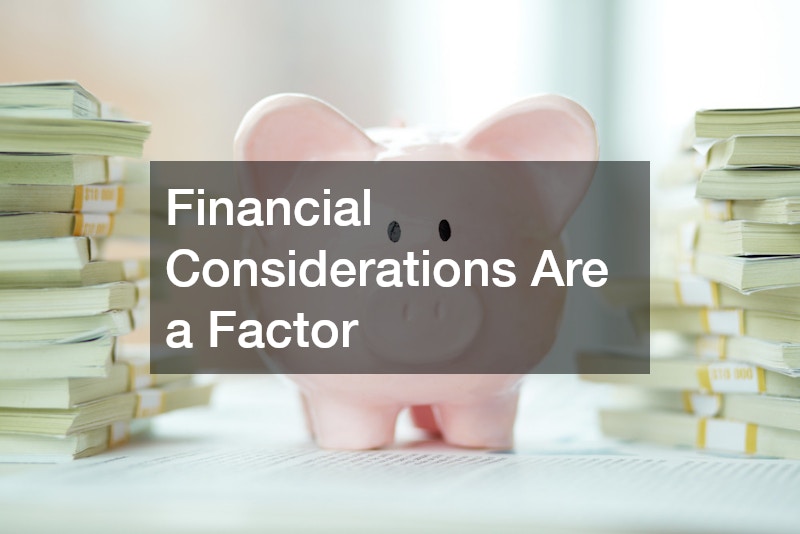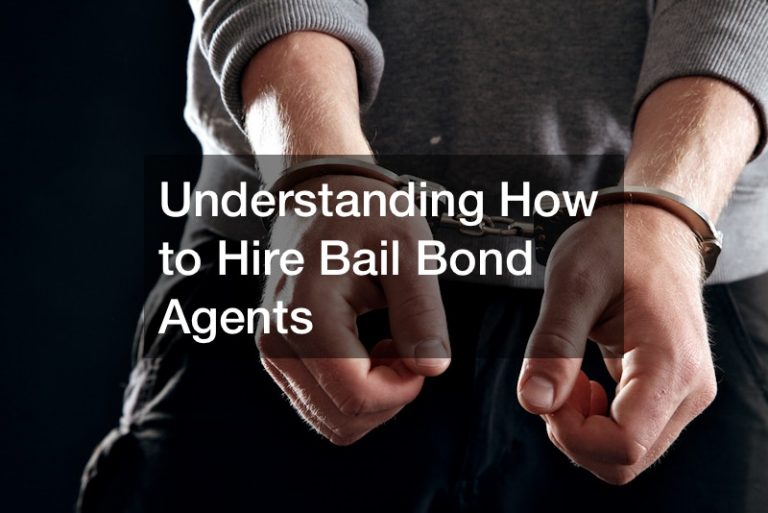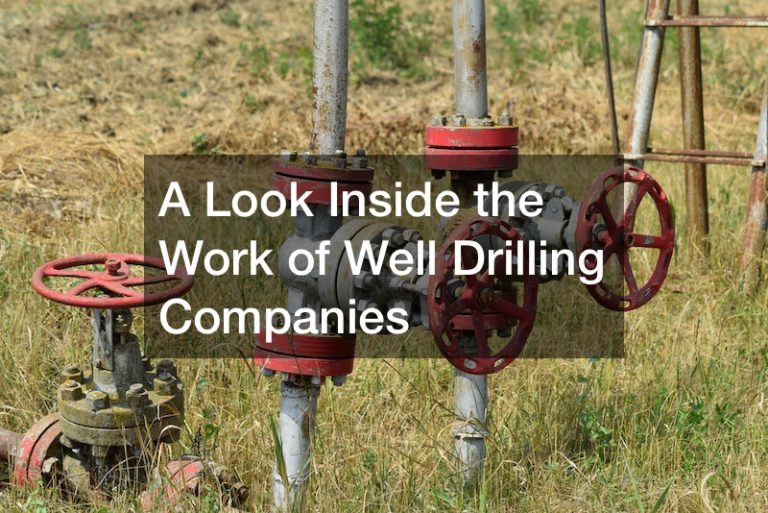Whats the Best Age for Federal Employees to Retire?

Determining the best age for federal employees to retire involves several factors, including individual financial readiness, career satisfaction, and the specifics of federal retirement benefits. Understanding these elements can help employees make informed decisions about their retirement.
Retirement Eligibility and Benefits
Federal employees are typically eligible to retire at different ages based on their retirement plan. The most common plans include the Federal Employees Retirement System (FERS) and the Civil Service Retirement System (CSRS). Under FERS, employees can retire at age 62 with at least five years of service, at age 60 with 20 years of service, or at their Minimum Retirement Age (MRA) with at least 30 years of service.
In contrast, CSRS employees can retire at age 55 with 30 years of service or at age 60 with 20 years of service.
Each option has its advantages and disadvantages. For instance, retiring earlier may lead to a smaller pension but provides more years of retirement benefits. Conversely, delaying retirement until the full retirement age can result in a larger monthly pension.
Financial Considerations
Financial readiness is a significant factor in deciding when to retire. Federal employees should evaluate their savings, pension benefits, and Social Security eligibility. A comprehensive retirement plan should account for living expenses, healthcare costs, and potential unforeseen expenses. Generally, experts recommend having enough savings to cover 70-80% of pre-retirement income.
Retiring before age 65 may require additional planning, especially if employees are not yet eligible for Medicare. Federal employees must consider health insurance options, such as the Federal Employees Health Benefits (FEHB) program, which can be crucial in managing healthcare costs during retirement.
Job Satisfaction and Personal Goals
Job satisfaction and personal goals also play a vital role in retirement timing. Some federal employees find fulfillment in their work and prefer to continue their careers longer, while others may feel ready to retire earlier. Evaluating personal passions, hobbies, and lifestyle desires can help clarify the best retirement age.
Additionally, the increasing trend of remote work and flexible job options allows some employees to continue contributing to the workforce while enjoying a more balanced life. This flexibility may influence decisions regarding when to retire, as employees can find ways to remain engaged in work while enjoying leisure time.
In summary, the best age for federal employees to retire varies based on individual circumstances, including financial readiness, retirement benefits, job satisfaction, and personal goals. Careful planning and consideration of these factors can help employees make the best decision for their future. Engaging with a financial planner or retirement specialist can also provide tailored advice, ensuring a smooth transition into retirement. Ultimately, the right age to retire is a personal decision that should reflect each employee’s unique situation and aspirations.
Watch the video above to learn more and contact a federal retirement consultant today!
.







